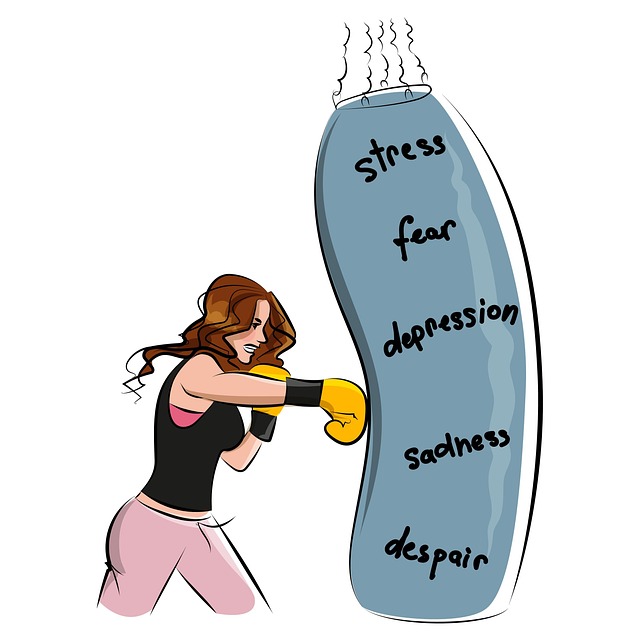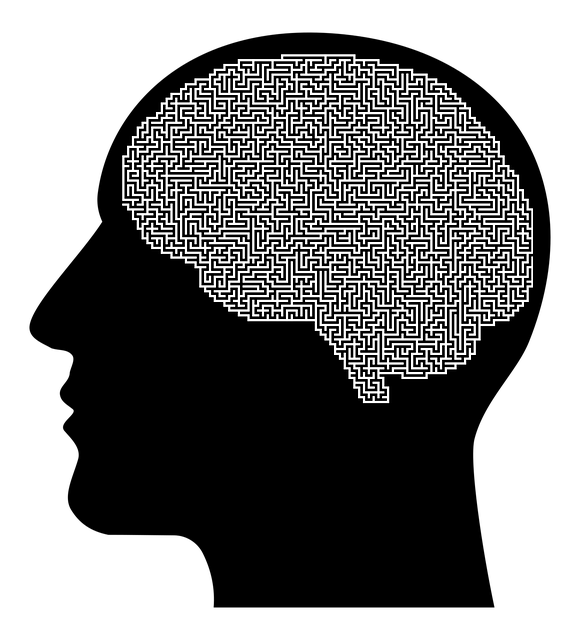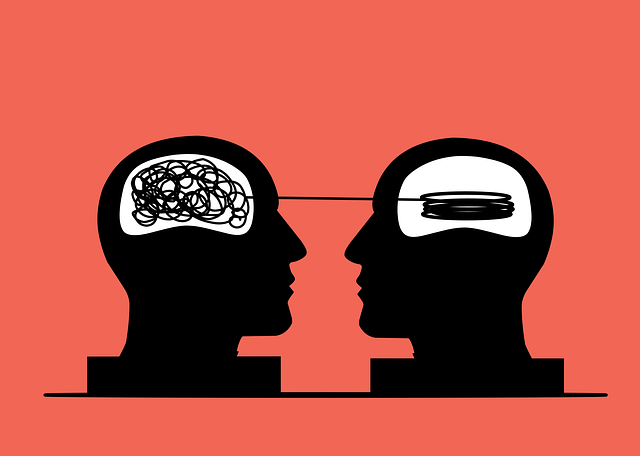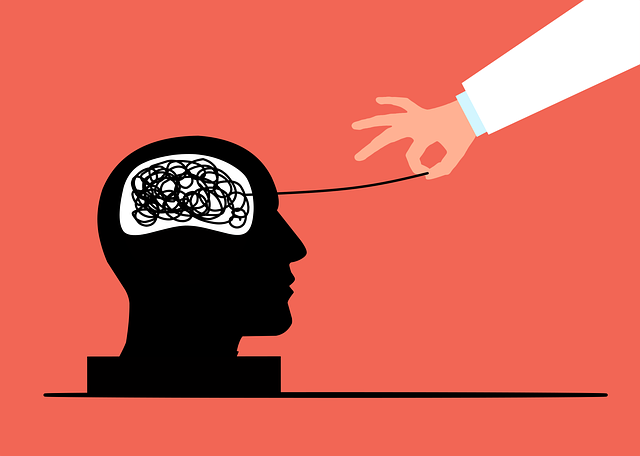Mental wellness, a holistic state encompassing emotional, psychological, and social well-being, is crucial for daily life, relationships, and work performance. Unaddressed mental health issues can lead to significant challenges. Techniques like Castle Rock EMDR Therapy, compassion cultivation, and Trauma Support Services aid healing and build resilience. Self-reflection, a core practice in Castle Rock EMDR Therapy, empowers individuals to gain insights into their mental health, fostering self-awareness and personalized coping strategies for trauma healing, ultimately enhancing overall mental well-being. Mental Health Policy Analysis and Advocacy work to create supportive environments ensuring access to effective care.
“Unleash the power of self-care through mental wellness journaling—a transformative practice gaining momentum. This comprehensive guide explores how combining journaling with evidence-based techniques like Castle Rock EMDR Therapy can significantly enhance emotional well-being. We delve into the science behind self-reflection, trigger identification, and coping mechanisms. Learn about the unique benefits of Castle Rock EMDR in healing traumatic memories and its synergistic effect when paired with journaling. Discover practical steps to establish a personalized journaling routine, empowering you to navigate life’s challenges with resilience.”
- Understanding Mental Wellness and Its Impact
- – Defining mental wellness
- – The role of self-reflection in maintaining mental health
Understanding Mental Wellness and Its Impact

Mental wellness is a vital aspect of overall health and well-being, encompassing our emotional, psychological, and social state. It affects how we think, feel, and act in daily life, impacting our relationships, work performance, and general sense of fulfillment. Understanding mental wellness involves recognizing that it’s not merely the absence of illness but a dynamic process influenced by various factors such as genetics, environment, and life experiences.
When left unaddressed, mental health issues can have profound effects on individuals and communities. They may lead to difficulties in functioning, strained relationships, and reduced quality of life. Recognizing the importance of mental wellness is crucial, especially in addressing traumatic events that can leave lasting impacts. Castle Rock EMDR Therapy, for instance, offers a powerful tool in helping individuals process traumatic memories and move towards healing. Beyond therapy, practices like compassion cultivation and Trauma Support Services play a significant role in fostering resilience and supporting those affected by mental health challenges. Mental Health Policy Analysis and Advocacy also contribute to creating supportive environments and ensuring access to effective care.
– Defining mental wellness

Mental wellness is a holistic concept that encompasses an individual’s emotional, psychological, and social well-being. It involves maintaining a state of balance where one can cope with life’s challenges, manage stress, and lead a fulfilling life. Mental wellness is not merely the absence of mental illness; it’s about cultivating resilience and positive mental health. This includes self-awareness, effective coping strategies, and strong interpersonal connections. Recognizing and prioritizing mental wellness is essential for overall health, enabling individuals to navigate life’s twists and turns with adaptability and grace.
The practice of journaling can be a powerful tool in promoting mental wellness. By engaging in regular self-reflection through writing, individuals can enhance their understanding of their thoughts and emotions. This process, similar to Castle Rock EMDR Therapy, facilitates healing and personal growth. Public Awareness Campaigns Development can play a significant role in encouraging people to prioritize mental wellness by sharing effective coping skills and communication strategies. Through Coping Skills Development, individuals learn to navigate stress, anxiety, and other mental health challenges, fostering a sense of control and empowerment.
– The role of self-reflection in maintaining mental health

Self-reflection is a powerful tool for maintaining and enhancing mental health, serving as the cornerstone of many therapeutic practices, including Castle Rock EMDR Therapy. By taking time to introspect, individuals can better understand their thoughts, emotions, and behaviors, which is crucial for identifying and addressing underlying issues that may contribute to mental distress. This process allows for a deeper connection with oneself, fostering self-awareness and personal growth.
In the context of cultural sensitivity in mental healthcare practice, self-reflection becomes even more vital as it encourages individuals to consider how societal and cultural factors might influence their mental wellness. The Mental Wellness Podcast Series Production often highlights the importance of trauma support services, where self-reflection plays a key role in processing and healing from past traumas. By engaging in regular self-reflection, one can develop coping strategies tailored to their unique experiences, promoting resilience and overall mental well-being.
Mental wellness journaling can be a powerful tool for self-reflection and personal growth, allowing individuals to navigate their emotional landscapes. By incorporating practices like Castle Rock EMDR Therapy, which focuses on trauma healing, one can unlock the benefits of enhanced mental resilience and clarity. Through regular reflection, individuals are empowered to understand their thoughts and emotions, fostering a healthier mindset. This simple yet effective journaling exercise offers a private space to process experiences, reduce stress, and cultivate a deeper connection with oneself, ultimately contributing to improved overall mental wellness.














